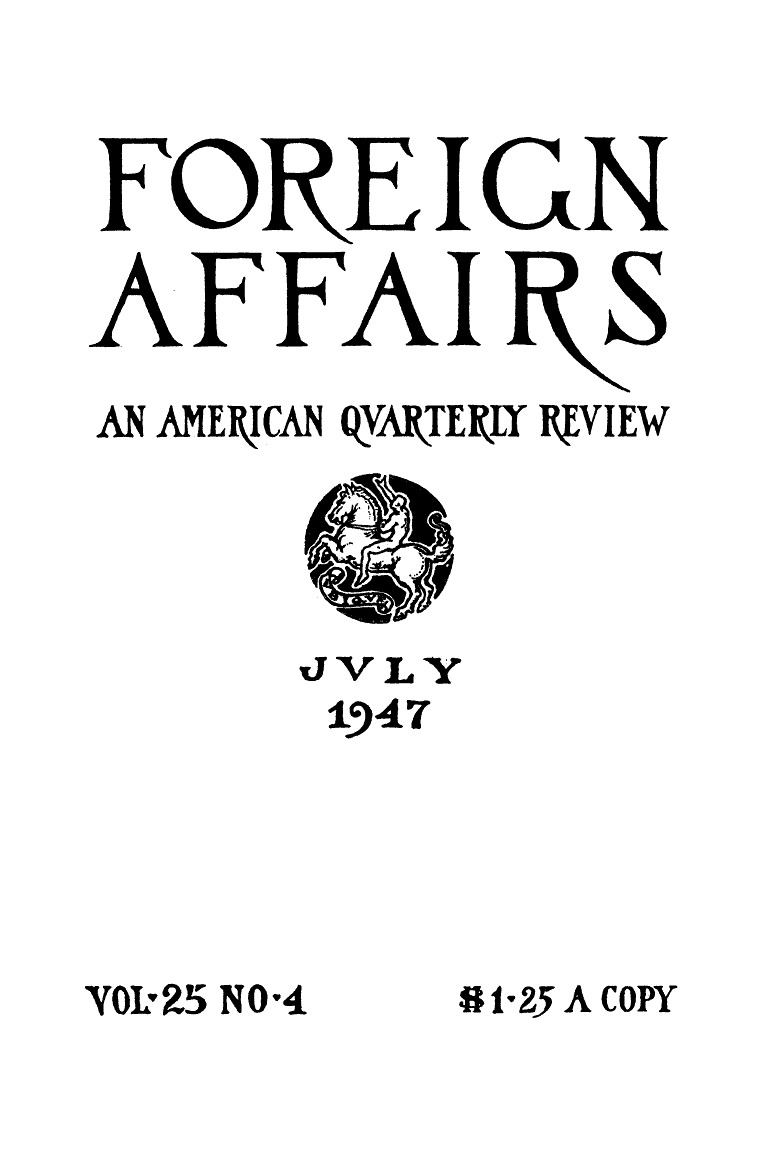What do you think?
Rate this book


17 pages, ebook
First published January 1, 1947
After all, the greatest danger that can befall us in coping with this problem of Soviet communism, is that we shall allow ourselves to become like those with whom we are coping.

凡人臣,图功易,成功难;成功易,守功难;守功易, 终 功难。[...] 若倚功造过,必致反恩为仇,此从来人情常有者。
Whoever a (public) servant would find it easier to aspire to achieve something, but harder to obtain the actual achievement; easier to obtain the achievement, harder to preserve it; easier to preserve it, yet harder to bring it to the end . If one commits wrongdoings on the ground that they have achievements, the gratitude of the master will turn into resentment. This is common with human nature.
— Emperor Yongzheng (1678-1735)